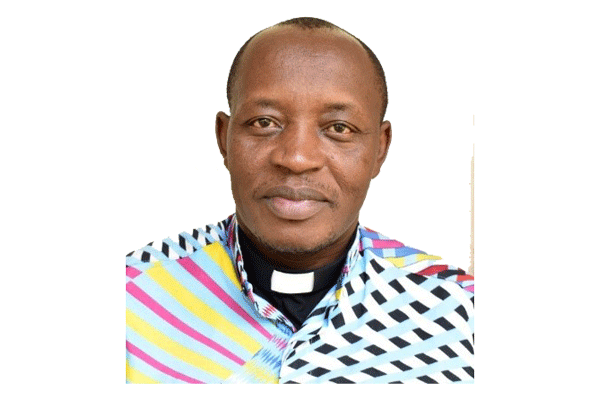Prime
Responsive Parliament is still a dream

Jasper Tumuhimbise
What you need to know:
“ While all efforts are being made to silence the corrupt, part of the problem has been a sleeping legislature"
A responsive government is the second pillar of social accountability (SA). First is the strong community groups, access to information (third) and operational context.
Having a responsive Judiciary and executive is important. The Legislature presents the biggest challenge at all levels whether local or central. This is because they represent ‘many’ and are a symbol of democratic and accountability governance.
While all efforts are being made to silence the corrupt, part of the problem has been a sleeping Legislature even when dogs are barking and there are alarms in the house that there is a burglar on the outside! The Legislature seems not to budge.
I remember on October 8, 2003 while working in a government office I was approached by two people. I was handling their issue and things looked bad. They informed me that they had brought a bribe of Shs1 million.
Then that was quite a huge amount. That day I had only Shs4,000 to help me for transport and sail through the independent holiday.
I fidgeted and shivered because I had never been approached as directly with this ‘indecent proposal’.
We arranged and the two gentlemen were arrested. They were remanded at Jinja Road Police Station. I went home. I was not a prisoner of my conscious. I still survived on the Shs4,000. I do not remember how- but am still alive!
On Friday (the 10th), a tall man entered my office and introduced himself as the MP whose constituents were arrested. He stated angrily that: ‘if you (meaning I) never wanted the money, why would I not just leave them’? He was a minister but he came as an MP. After a bitter exchange of words, he threatened me and went.
In social accountability, the role of Legislature is making laws for the whole country, ordinances for district councils and by-laws for lower local councils. The main aim is preventing, detecting and responding to corrupt practice with the outcome of improved service delivery. Such laws and policies ought to be pro poor and should promote social service actions at the lowest level.
Secondly, legislators and councils through the mandatory and adhoc committees should scrutinise policy statements, plans, budgets, monitoring reports, audits etc., to ensure value for money and equitable distribution of resources.
Thirdly, they should debate and propose actions regarding errant officials at all levels. These are through mandatory reports from MDAs that highlight normally challenges in the accountability chain. Follow up mechanisms for their recommendations should be clear because currently it looks like debates that are made are never conclusive. Scan through all their probes! Where did they end?
Fourth, they should scrutinise all appointments to ensure that whoever is appointed is in line with the constitutional provisions. Look at all former convicts- they pass Parliament without even a single question on their role and actions. Some even boast about their unfortunate actions and history and they get away!
It is also a good role to criticise anti-people policies and actions. This role is fundamental and so going into cahoots with the Executive is the highest disservice, especially as far as checking the excesses is concerned. The need for delinking the two is eminent. Parliament and other local government councils ought to awaken from this long sleep with hallucinations. Support other functions but remain independent.
Instead of calling to gag, encourage; instead of ridiculing the actions, legislate to strengthen; and instead of joining with dealers connect with leaders. The time to know your roles and responsibilities is past. Failure to do that is failing the whole accountability chain.
The writer is a clergy of COU at UCU




